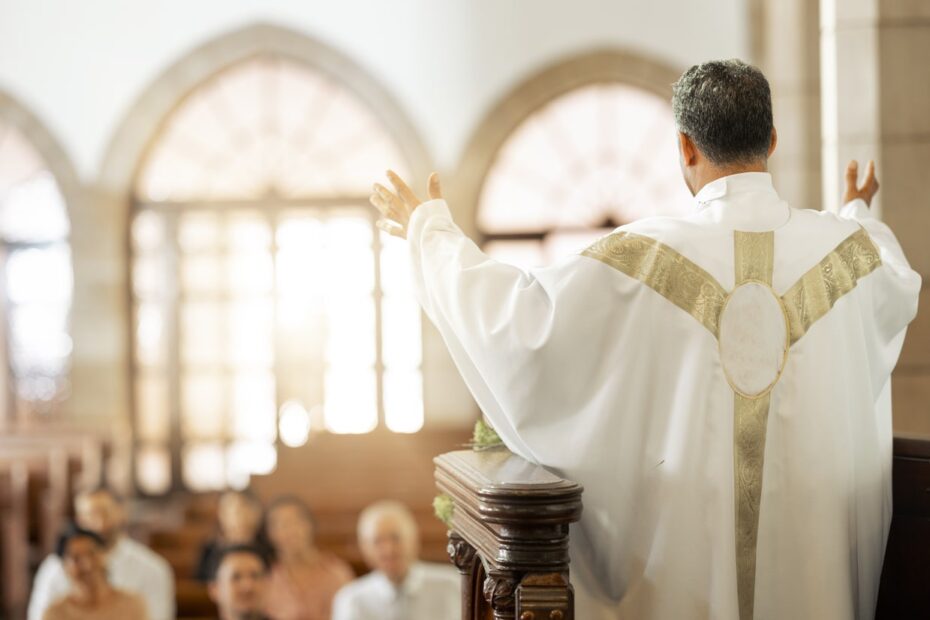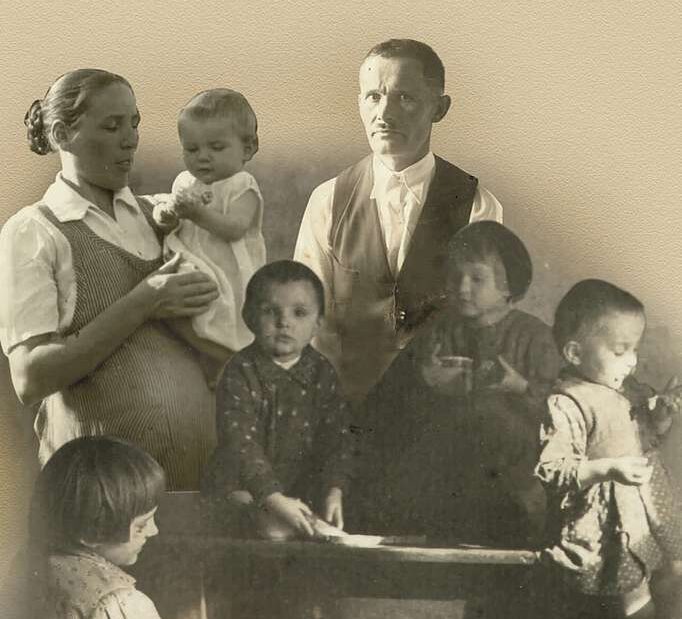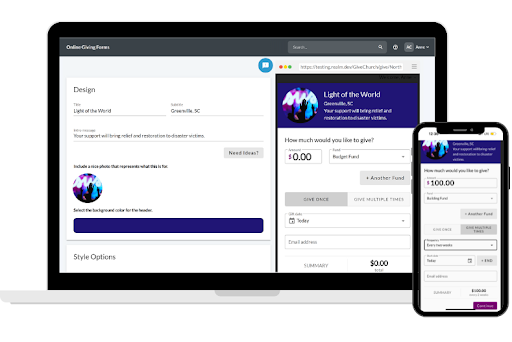I was exploring the recent trajectory of giving to an Archdiocesan annual appeal as the nation moves beyond the Covid pandemic. The diocesan leader said that giving had recovered significantly, but forecasts are still lower than they were in 2019. Then he said: “we are a rapidly growing area! The population has increased dramatically but we are not seeing overall growth in the Archdiocese. Many of the people coming in to the area are not associated with a church or are even unchurched.” We talked a little about hospitality and welcome – what kind of invitation could prompt some start of a relationship with people at the parishes in the Archdiocese?
“Put on then, as God’s chosen ones, holy and beloved, heartfelt compassion, kindness, humility, gentleness, and patience, bearing with one another and forgiving one another, if one has a grievance against another; as the Lord has forgiven you, so must you also do. And over all these put on love, that is, the bond of perfection.” – Col 3:12-14
When asked what they are looking for in a parish, Catholic respondents to the ACST AmericanBeliefs study selected ‘Warm and Friendly Encounters’, a relational indicator. People are seeking relationships. Stages or thresholds of spiritual growth were identified by Doug Shaupp and popularized by Sherry Weddell in her book “Forming Intentional Disciples.” Individuals generally pass through stages or thresholds of conversion, and it starts with trust. We must create an opportunity to form a trusted relationship that creates an environment where the person can be curious.
The importance of relationship and belonging was also emphasized in Al Winesman’s research for his book “Growing an Engaged Church.” The research was input to Gallup Strengths and Engagement. “We standardized our Archdiocesan focus on the (Gallup) ME25. As we became familiar with the research and how to interpret the data, it became clear to us how good it was, how useful it was as an indicator of engagement and ultimately faith.” “I used color coding to show the answers to the belonging questions and the belief questions for parish results. We were able to show how an increase in the numbers for belonging led over time to an increase in the numbers for believing. Unfortunately we stopped using the ME25 with parishes. ”
In my conversation with Fr. Keisel in April on his podcast for Real Presence Live, we explored the findings from the AmericanBeliefs study. The longitudinal data for the past 10 years shows a decrease in connection with parish communities, yet a strong desire for warm and friendly encounters. Listen to the podcast here.
Our data indicate that active Catholics are aging, and fewer are giving financially. A small percentage of Gen Z young adults are engaged in their parishes, but most have not found them to be a place they feel they belong. Large numbers of people have left the church. Yet we hear of an epidemic of loneliness as people find they need trusted relationships. Our Church can and should be the source for trusted relationships, for belonging, so that people have an opportunity to believe.
Steps a Parish Can Take to Foster Belonging
Focus on Engagement in the Parish
Establish a set of metrics or indicators that parish leadership agrees to as steps to deeper engagement. Make sure they are observable and measurable. Put methods in place to automatically or manually record the information. The focus here is not on inspecting people for their participation. The focus is to determine if the parish ministry efforts, Mass, and culture are working so people become more deeply engaged in the life of the parish.
Focus on Welcome and Invitation Outside the Parish
Define one or two ways the parish can connect with people who are not affiliated with the parish. Be vigilant and consistent, inviting people multiple times to many different types of gatherings.
Follow Up
Establish processes for gathering information from visitors and then make sure there are owners to follow up. Focus on the person and their needs and experience – express concern for them, so the follow up is not seen as a recruiting program. Also for parishioners, use your engagement information to find ways to invite more participation. Everyone in the parish should have an active role, ideally multiple roles ranging from giving, to ministry to missions.




